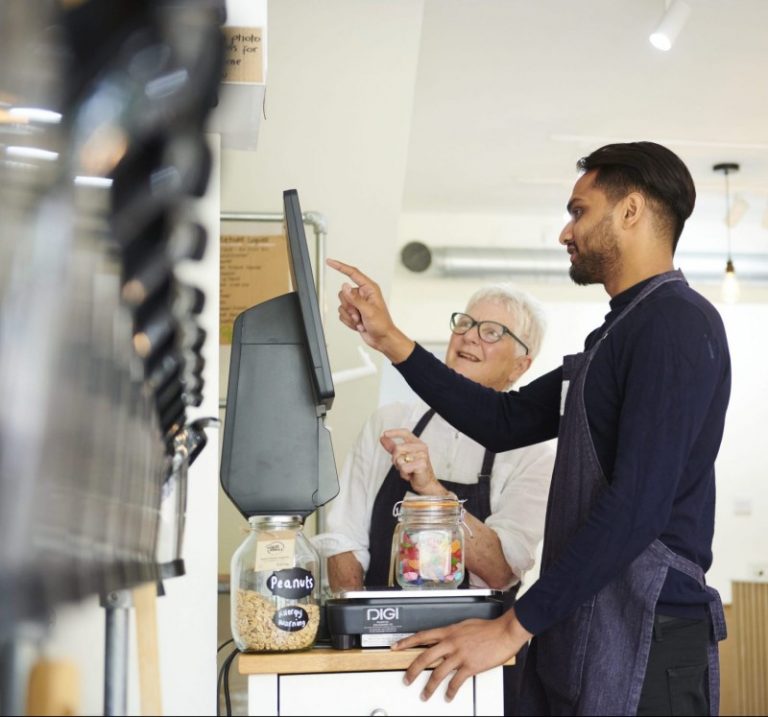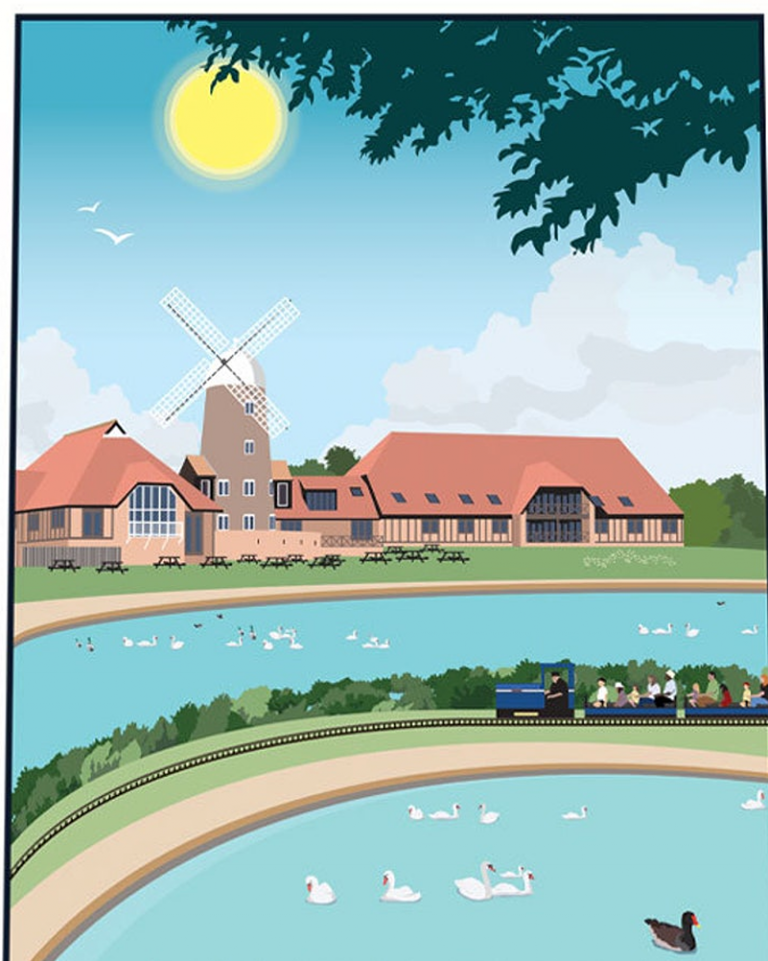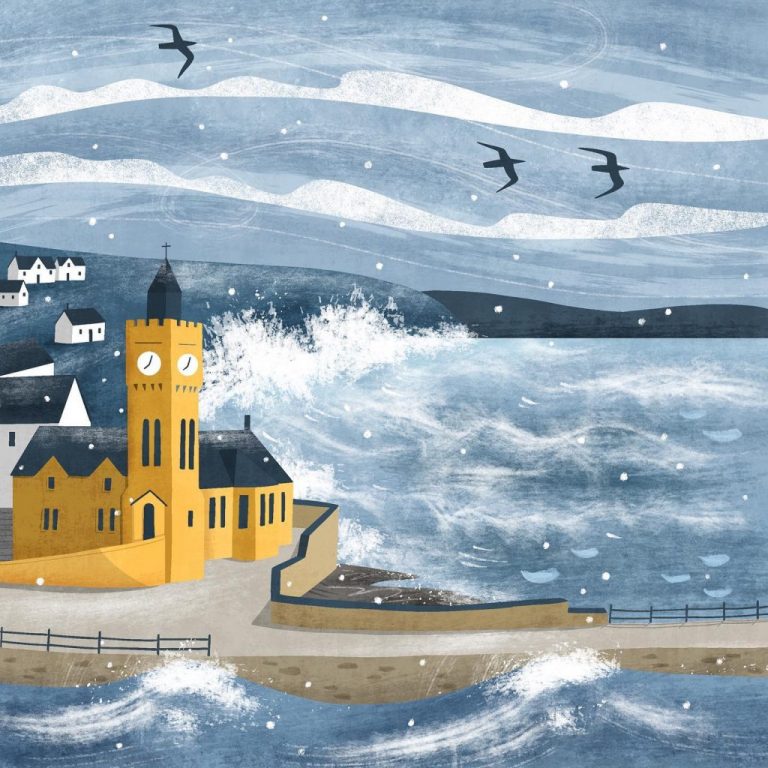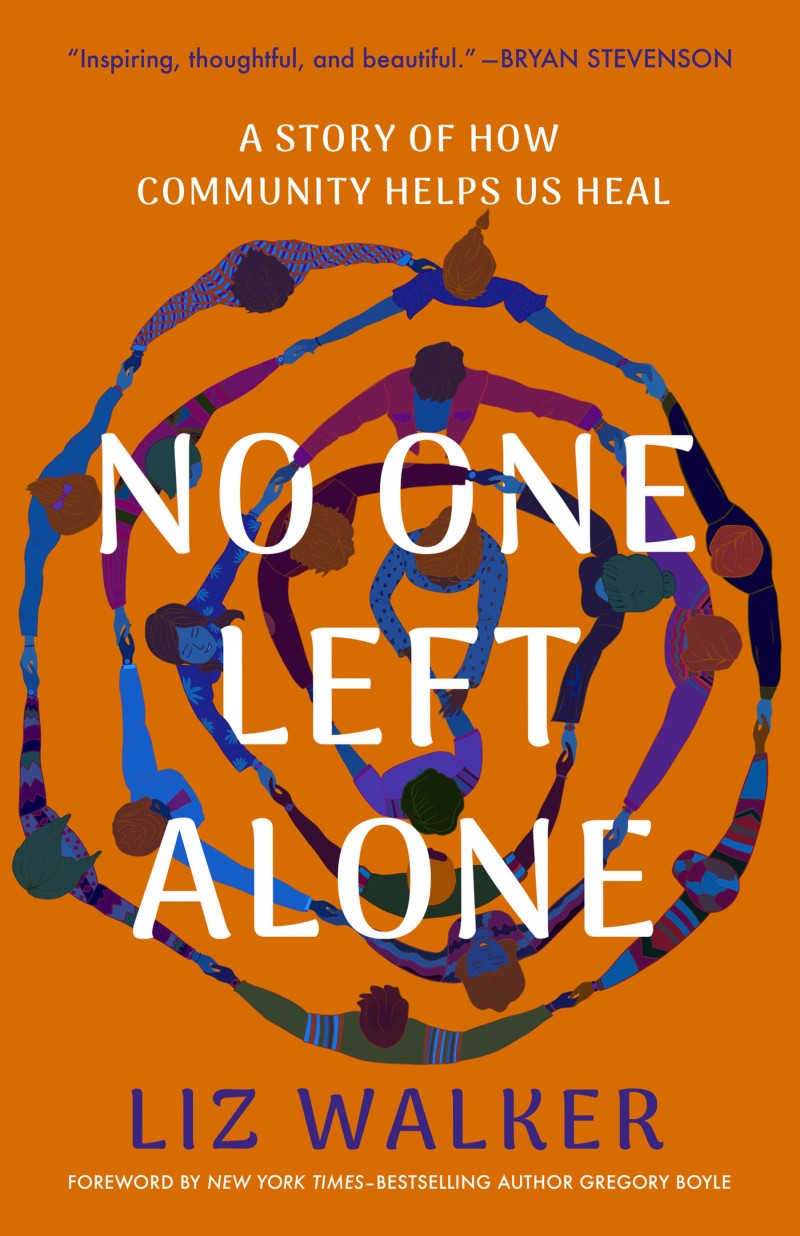
Connecting with others has powerful effects on health and happiness. People in communities live longer, report fewer health issues, and have less dementia.
Read our post on community timebanks (where people share skills to do good, earn ‘hours’ to spend on other tasks, and feel valued members of communities.
No One Left Alone is a thoughtful book telling the extraordinary story of a church in the USA, that decided to give neighbours a space to share their grief, after a local tragedy when a young father was murdered in the community. Based on the simple idea that ‘the wounded heal best together’.
The event left people shocked. So the author (a local pastor) invited people to share meals and shed tears, and discover the healing power of listening. This is the exact opposite of what happened after the shooting of Charlie Kirk, with President Trump immediately blaming ‘the radical left’, at a time when communities needed to come together, to prevent such tragedies happening again.
Longevity: Living Longer Together
There are many studies that show the world’s longest-lived communities benefit from healing communities. In his book Healthy at 100, John Robbins noted that the four longest-lived groups (in Russia, Pakistan, Chile and Japan) all have families and communities that care for them.
Despite being (he still is) a vegan campaigner (he upset his Baskin-Robbins ice-cream family when he gave up dairy!), his conclusion from the book on why these four communities live so long was evident – it was less to do with what they ate, but more that they were never lonely.
Reduced Risk of Dementia
Dementia is a huge issue in today’s society, but of course it’s not all to do with blood flow in the brain (though a lot of it is). It’s again due to lack of social contact, which keeps the brain active and happy.
Doing crosswords and Sudoko puzzles is good. But what’s even better is keeping in touch with neighbours and being a friend to people as they age.
Reduced Risk of Suicide

Likewise, we have a mental health epidemic. All people who have attempted suicide say that they never wanted to die – they just did not want to live anymore. They felt trapped, and sometimes just having someone to talk to, stops a permanent solution to a temporary problem.
Improved Physical Health
Communities get active in numbers, from walking and volunteer dog walking, to community gardens. All of these help to keep people healthy and happy, both physically and mentally.
Encouraging Healthy Habits
You’ve likely heard that ‘you’re the sum of the five people you spend the most time around’. In fact, experts say it’s more than that. You are the sum of the five people plus the five people those people hang around. So you’re kind of the sum of the people in your village or town!
So if some have healthy lifestyles, this will influence everyone else. Take California for instance. Most people eat well, work out and don’t smoke or drink to excess. As a result, there are are walking and cycling paths, smoothie bars, vegan restaurants and yoga classes everywhere.
This ends up with more people giving up smoking, eating healthy meals, or joining in fitness activities. When healthy behaviour becomes a social norm, everyone finds it easier to join in and keep it up.
Compassionate Communties in Somerset
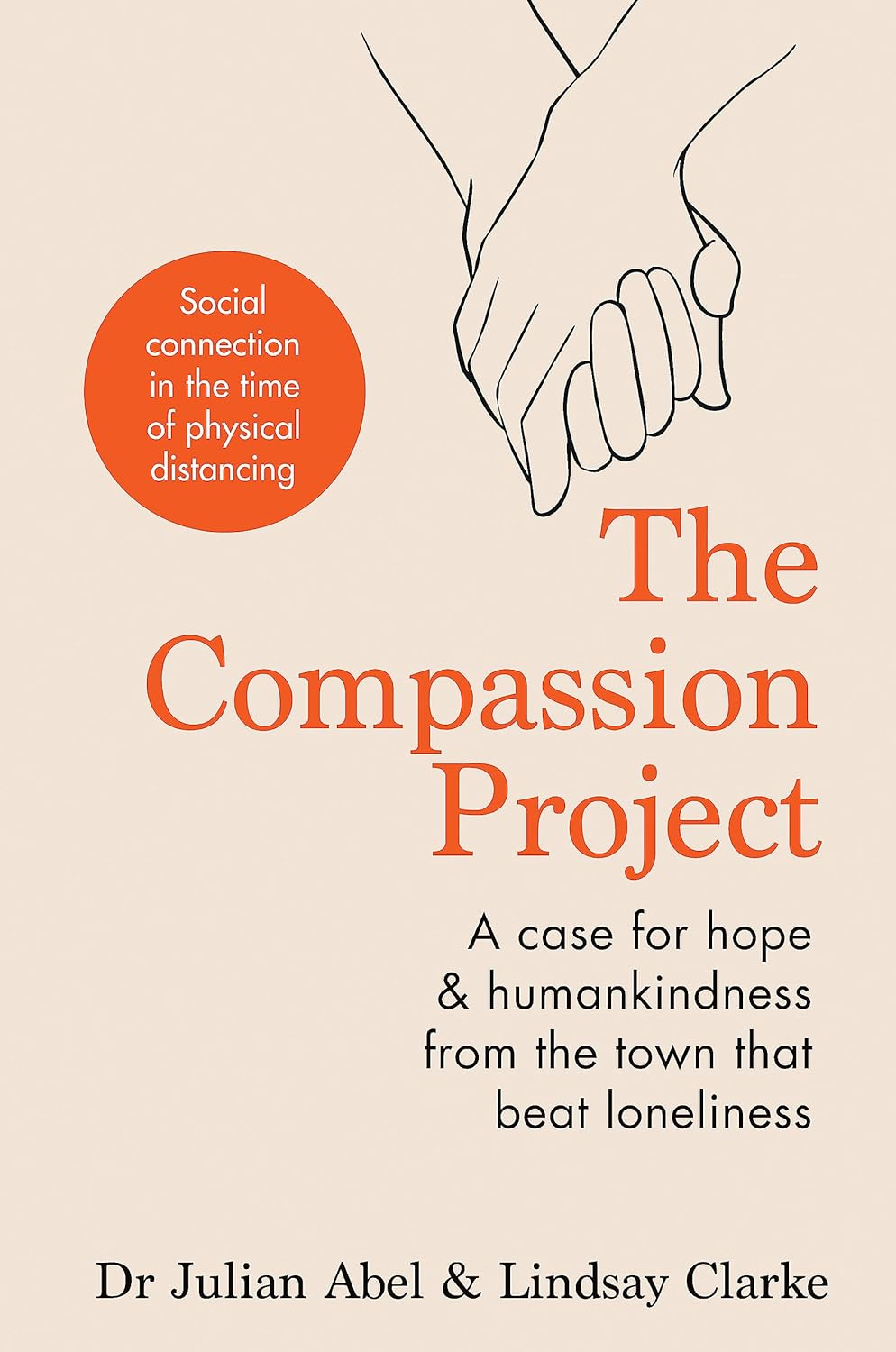
The Compassion Project tells the fascinating story (why don’t the news programs report on these types of stories, instead of being obsessed about Donald Trump?) of a community in the Somerset town of Frome.
A few years ago, Dr Helen Kingston and Dr Julian Abel decided to focus on ‘four conversations’ to understand the social, personal and wellbeing needs of local people. Instead of always relying on ‘pop a pill’ mentaility. Locals got involved with activities like:
- Batch cooking clubs
- Looking after people’s pets
- Providing lifts to those without cars
- Setting up choirs and walking groups
- Setting up community gardens
The NHS, politicians and the media focus on the normal advice to be healthy (lose weight, exercise, go on a diet etc). But what was striking was the Frome Model ended up with 19% less A & E hospital admissions and a 22% reduction in emergency admissions over five years, compared to other areas of England.
It was clear that communities benefit medically too. And when we hear of soaring NHS budgets, why are other communities not following suit?
A Doctor Prescribes ‘Community Medicine’
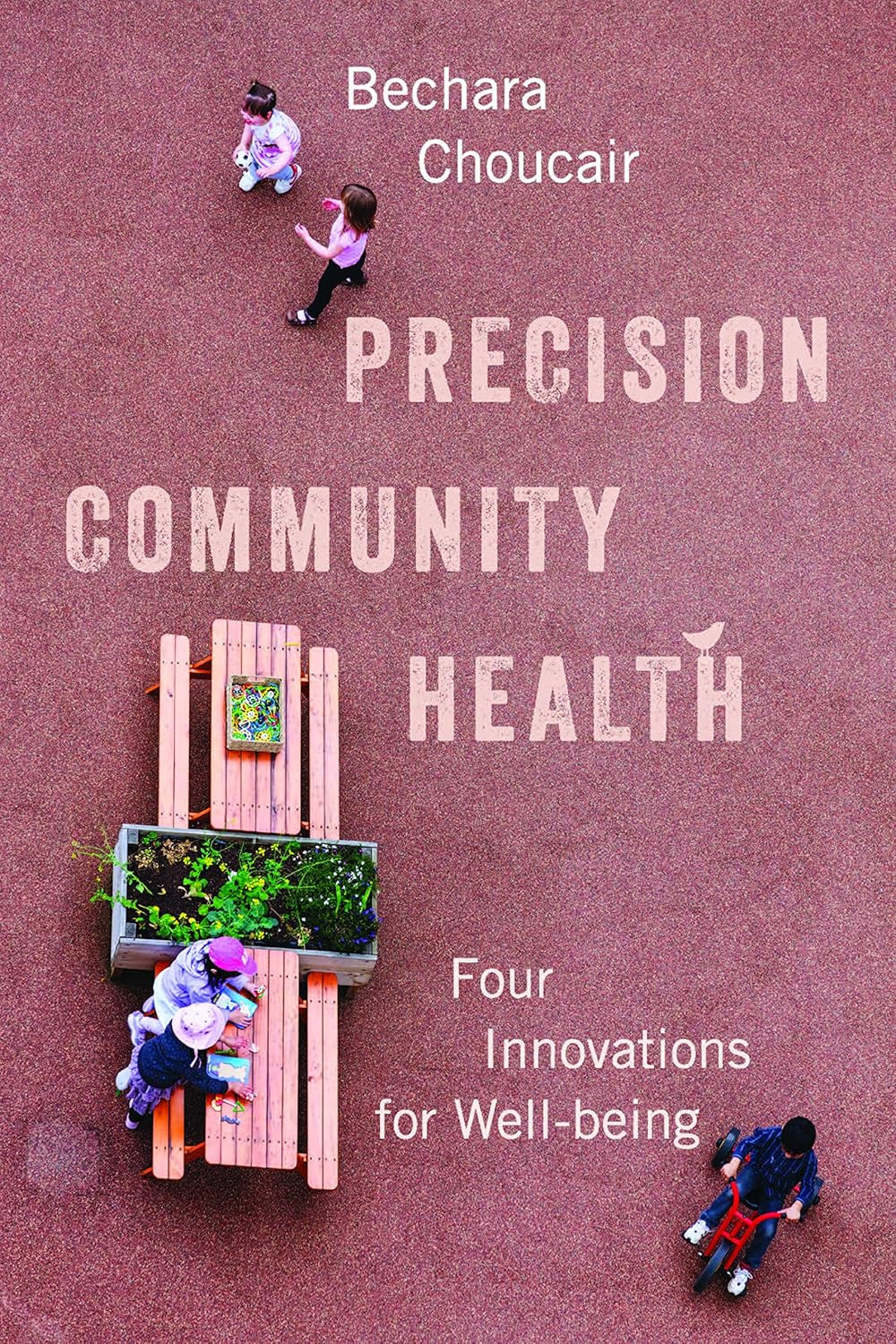
A similar thing happened in the USA. Precision, Community, Wellbeing is the story of a medical doctor who whilst treating a hospital patient for hypothermia, realised he was doing little good – if the patient was going to spend the next night in the freezing cold, due to unaffordable heating bills or being homeless.
Once Bechara Choicair became health commissioner for Chicago, he embarked on an ambitious experiment, addressing the societal causes of disease, rather than (like our MPs) just focusing on bed-blocking in hospitals. Instead of applauding the launch of new supermarkets and Amazon warehouses that just send communities further apart, he focused again on four innovations of wellbeing.
The result? Far lower cases of smoking, teen pregnancies and even breast cancer mortality. His book is basically a manual, for any other community to do the same. ‘Being well’ is not just about access to a GP. It’s about forward-thinking GPs creating programs like this, so they are less overwhelmed by ill patients in the first place.
Real health is about decent housing (but not destroying green space and wildlife to build it), enjoyable jobs, better public parks, affordable organic food and social support.
Compassionate School Communities
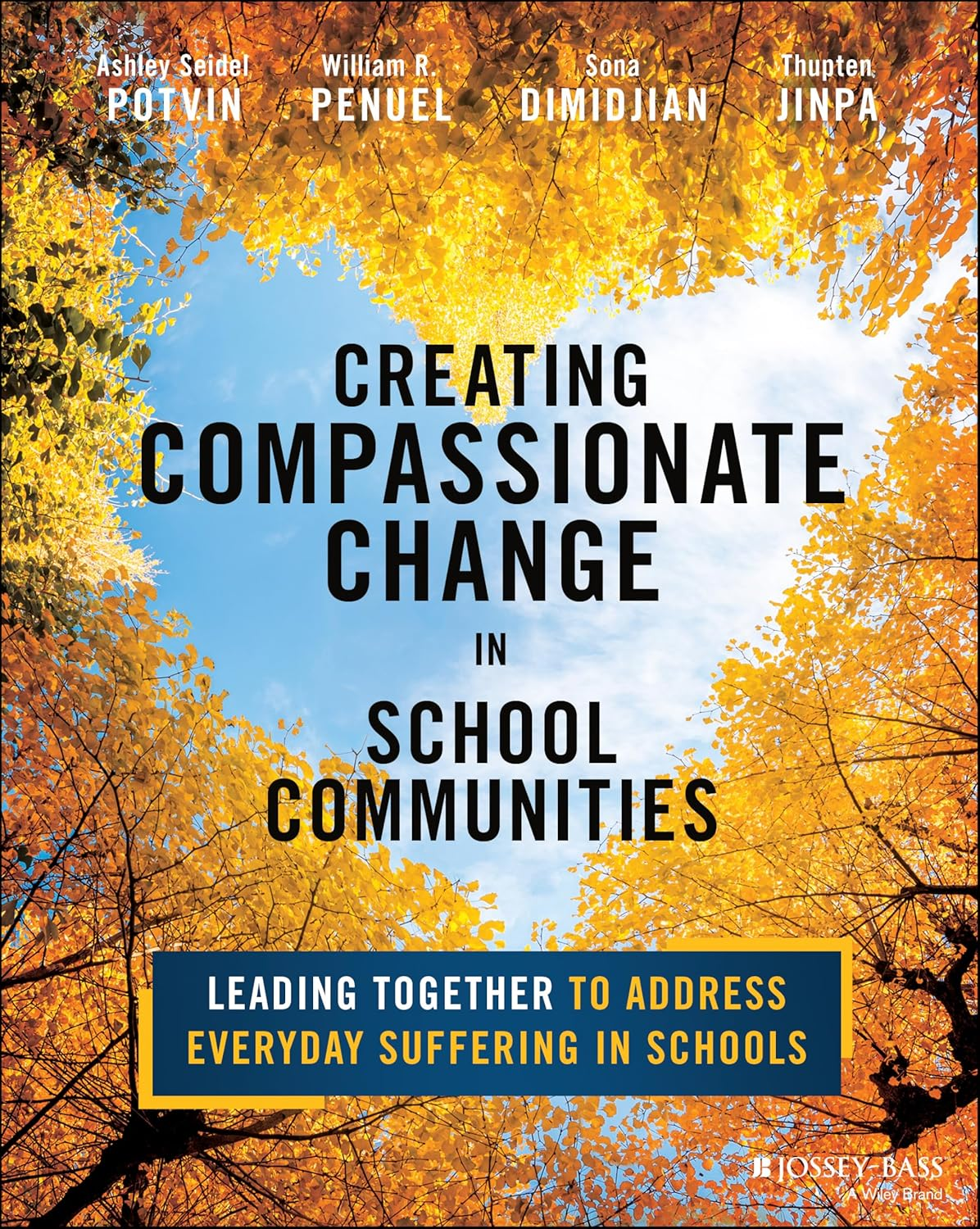
Creating Compassionate Change in School Communities takes the idea to our children, with teachers, libraries, counsellors, mental health professionals and social workers, all working together for positive change.
The book includes concrete evidence and case studies that showcase the power of compassion to create flourishing school communities to rejuvenate standard education, prevent bullying, knife crime and school shootings.
Shameful Examples of Lack of Community
There are awful examples of how communities have collapsed in recent years across England. In the reality of vulnerable people in society, who have literally lay dead for years, without anyone noticing. A great reason to volunteer for befriending charities, to keep a check on those at risk:
Anne lived in a flat just outside Bournemouth, Dorset. Neighbours knew the woman (in her 70s) owned a car. So when it disappeared, they assumed she had moved out. It was only when bailiffs arrived with locksmiths (due to automatic mortgage payments having stopped) they found her body – six years later.
Laura (who had schizophrenia) had been twice referred to social care. But lay dead in her social housing accommodation for over 3 years, before anyone found her body.
Joyce was a vivacious woman (who dreamed of a singing career and had ‘celebrity friends’). She lived above a busy shopping mall. Again she was not found for almost 3 years, after dying of either an asthma attack or complications from a peptic ulcer (which she had sought treatment for).
Found surrounded by Christmas presents she had wrapped, again she was only found when automatic rent payments to the local housing trust stopped, and bailiffs arrived to gain entry. Her heating and TV were still running. Her sisters had even hired a private detective and contacted the Salvation Army, to try to find her. Wrongly assuming she had broken ties with them.
Tara Palmer-Tomkinson was a high-flying celebrity and close friend of Prince Charles, who she enjoyed skiing holidays with. Her life was a bit of a car crash but by all accounts, she was a kind women who simply had bad luck in love.
Known to be very polite and funny, when arrested at Heathrow airport for a ‘panic attack’ reaction, she later said ‘I wasn’t drunk, there was no disorderly. I was cautioned, I saw a doctor, they were nice to me’. Yet when she died from a perforated ulcer, it’s thought she had lay undiscovered for up to five days, before being found by her cleaner – in a multi-million pound London flat.
A shockingly sad case happened recently in Santa Fe, USA – when the talented and popular actor Gene Hackman, his wife and one of their dogs were found dead (two other dogs were roaming outside). Again they had been there for around 10 days, undiscovered by anyone.
This was too upsetting to even read, and it later became obvious that Gene’s wife had become overwhelmed, and not been able to cope with caring for her husband’s advanced dementia, which had led to other issues.
Yet again, this was a family living in a wealthy area, yet no-one appeared to have noticed that the family so obviously needed help. This is what happens when we have an American President obsessed with wealth and status, creating a society that covets money and fame, over community.
The recent furore over Peter Mandelson is obviously more about the victims of Jeffrey Epstein. But the media does not latch onto the obvious: the reason the former US ambassador likely remained in contact with the convicted paedophile was that he was a billionaire with wealthy contacts and private islands.
Money has become the God that is ruining people, the planet and the world. Communities are what matter. Not bank notes.

